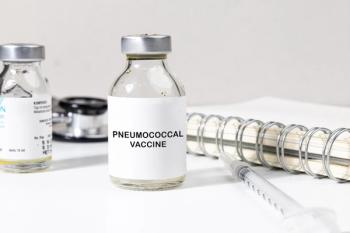
CBD: A Powerful New Antibiotic?
New research suggests that CBD is active against bacteria found in serious infections, including Staphyloccocus aureus and Streptococcus pneumoniae. The data were presented at ASM Microbe, the annual meeting of the American Society of Microbiology.
Although CBD has been approved by the FDA for forms of epilepsy and is being investigated for a number of other medical conditions, such as anxiety, pain, and inflammation, there are limited data to suggest that CBD can kill bacteria. In this study, investigators at the University of Queensland’s Institute for Molecular Bioscience’s Center for Superbug Solutions evaluated whether the drug could be used as an antibiotic.
The study found that CBD was significantly effective at killing a wide range of gram-positive bacteria, including bacteria that may have become resistant to other antibiotics. Their findings also suggest that it does not lose its efficacy after extended treatment.
"Given cannabidiol's documented anti-inflammatory effects, existing safety data in humans, and potential for varied delivery routes, it is a promising new antibiotic worth further investigation," said Dr. Mark Blaskovich in a press release. "The combination of inherent antimicrobial activity and potential to reduce damage caused by the inflammatory response to infections is particularly attractive."
The authors noted that the drug retained its activity against bacteria that have become highly resistant to other common antibiotics. Under extended exposure conditions that lead to resistance against vancomycin or daptomycin, CBD did not lose efficacy. The study found that CBD was also effective at disrupting biofilms, a physical form of bacteria growth that leads to difficult-to-treat infections.
Reference
- Cannabidoil is a Powerful New Antibiotic [news release].
https://www.asm.org/Press-Releases/2019/June/Cannabidiol-is-a-Powerful-New-Antibiotic . Published June 23, 2019. Accessed June 24, 2019.
Newsletter
Pharmacy practice is always changing. Stay ahead of the curve with the Drug Topics newsletter and get the latest drug information, industry trends, and patient care tips.























